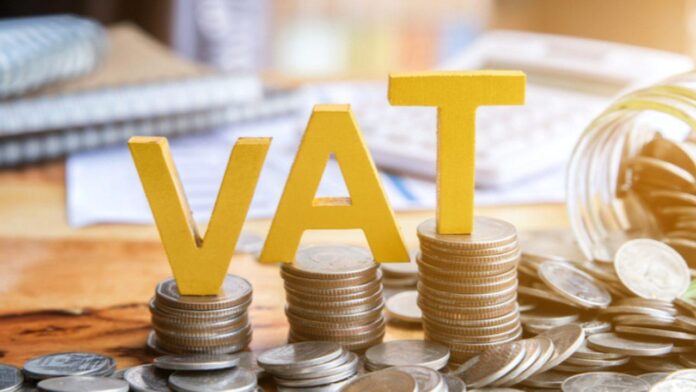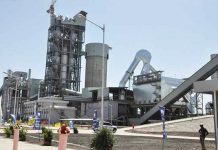
NESG Calls for VAT Hike to Sustain Govt Revenue
The Nigeria Economic Summit Group has warned that the Federal Government could face revenue shortfalls if it does not increase the value-added tax rate as part of the ongoing tax reform process.
The Chief Executive Officer of NESG, Dr Tayo Aduloju, made this statement during an interactive media session held over the weekend in Abuja.
He emphasised that while reforms in the VAT system are essential, maintaining the current VAT rate without an increase could lead to a significant loss of revenue for the government.
Speaking on the issue, Aduloju said, “Without those rate hikes, it means that the government might lose some revenue.”
He noted that the ongoing fiscal and tax reform efforts aim to address the complexities of the tax system while ensuring the government still generates sufficient revenue to support its ambitious budget plans.
Aduloju explained that the current tax reform process must strike a balance between simplifying the tax system and increasing the VAT rate to maintain revenue stability.
According to him, simply reducing the number of taxes without adjusting the VAT rate could weaken the government’s revenue base.
He said, “If we win on the reform of the VAT system, and even if we postpone the rate hike by three years, it will still be a win. That will immediately show efficiency, and we can attract more companies to invest in Nigeria.”
The NESG boss noted that while tax reform is necessary to reduce the multiplicity of taxes, the reform must not compromise revenue generation.
Aduloju further highlighted the need for Nigeria to unlock investment opportunities to support revenue generation.
He revealed that the country holds enough assets that could attract foreign direct investment if cleared of legal, regulatory, and policy bottlenecks.
Also, Aduloju called for better coordination between monetary and fiscal policies to tackle inflation, particularly those driven by high energy costs.
He argued that energy security remains a key factor influencing inflation, with inefficiencies in the downstream petroleum sector contributing to persistent price hikes.
The Trade Union Congress of Nigeria and the Nigeria Governors’ Forum opposed the proposed increase in the VAT rate, as outlined in the Federal Government’s Tax Reform Bills, warning that the move could worsen the economic hardship faced by Nigerians.
Also, the House of Representatives retained Value Added Tax, VAT, at 7.5 per cent and rejected a staggered increase to 15 per cent by 2030.

































